
Digital Humanism
-
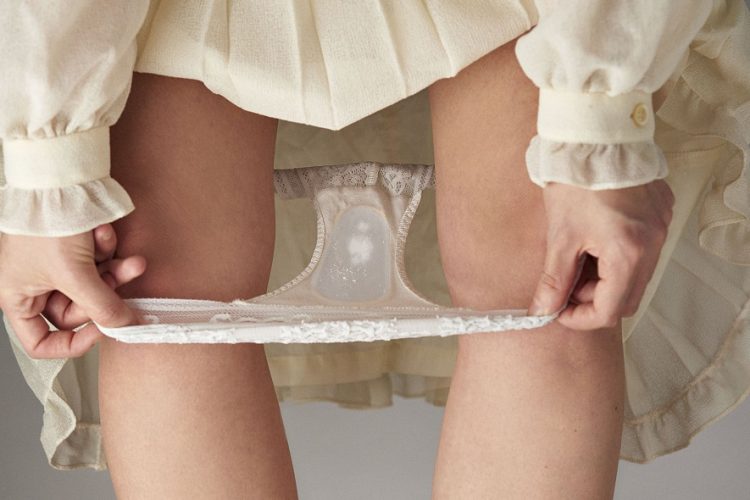
Future Flora: DIY kit for the vaginal flora
This year, designer and biohacker Giulia Tomasello won the STARTS Prize in the category “Artistic Exploration” for her Do-It-Yourself harvesting set for bacteria at home, “Future Flora”. Before the artist comes to the Ars Electronica Festival (September 6 – 10, 2018) to present her work, she has already told us more about it in this…
-
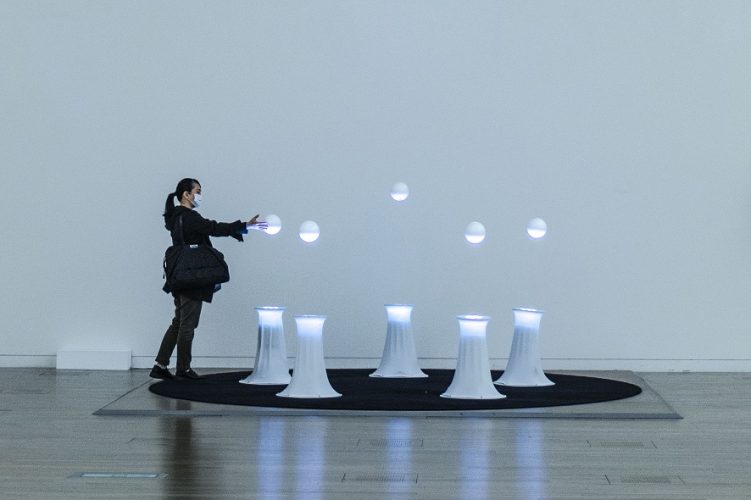
The 2018 Festival Theme In-Depth: Theme Conferences
Panel discussions, speeches and conferences staged over the course of three days will take a theoretical approach to Error – the Art of Imperfection, the theme of this year’s Ars Electronica Festival, September 6-10, 2018. Artistic director Gerfried Stocker and project manager Karla Spiluttini give us a preview in this interview.
-
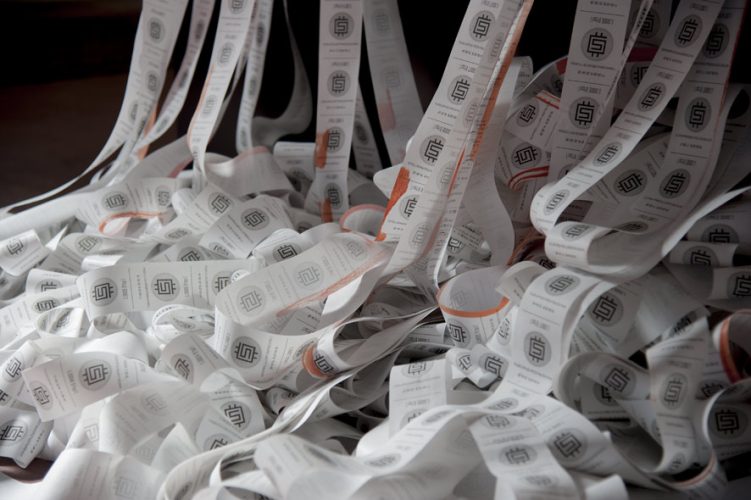
BitSoil: My Data, your Profits? No, thank you!
Every click and every post on the Internet generates data. The Digital Economy is making billions with our actions on the web and concentrating these profits in the hands of a few. A completely unsatisfactory situation, say LarbitsSisters and initiated the BitSoil Popup Tax & Hack Campaign.
-
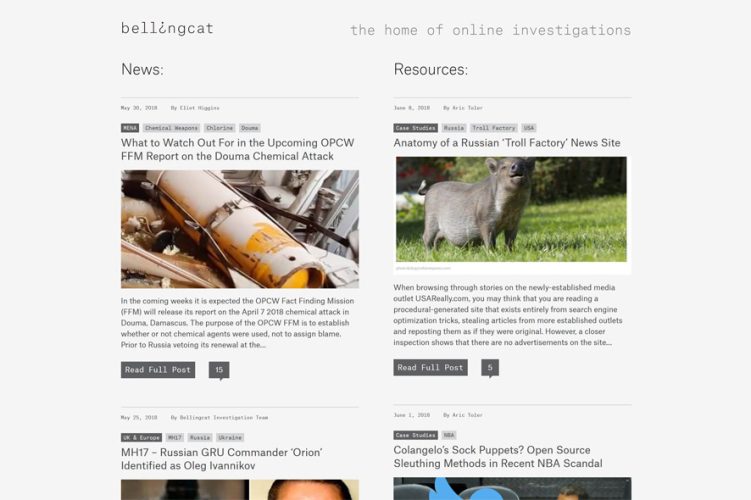
Bellingcat: Looking for Traces in the Digital Environment
On the online platform Bellingcat, citizen journalists are looking for the “echoes and ripples” in the digital environment when events like the MH17 incident or war crimes like those in Syria become known. The founder of Bellingcat, Eliot Higgins, talks in an interview about the project, which was recently awarded the Golden Nica, and gives…
-
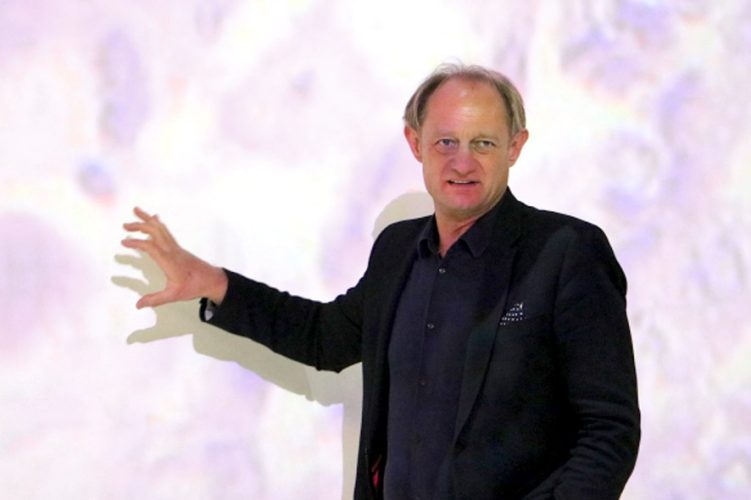
The Internet of Thinking Things
How would it be if everything that surrounds us is intelligent and it’s no longer possible for human beings to perceive what’s happening in the Internet of Things? Professor Alois Ferscha of Johannes Kepler University Linz introduces us to the world of networked thinking things.
-
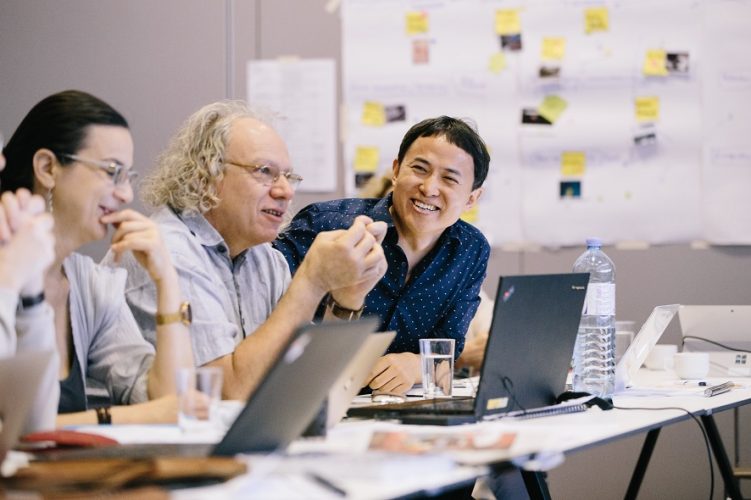
Imparting a Direction to the Future: The 2018 STARTS Prize Jury
The jury made up of international experts charged with selecting the recipients of the 2018 STARTS Prizes awarded by the European Commission recently convened for an entire weekend at the Ars Electronica Center. Their mission: to recognize outstanding work at the interface of science, technology and art. The outcome is still confidential; nevertheless, jurors Francesca…
-

Humanising Autonomy: A Language for Self-Driving Cars
How do we as pedestrians want to communicate with the autonomous autos that will soon be driving around our cities? Now is the best time to give some thought to this question, according to the staff of Humanising Autonomy, a project that was honored with a 2017 STARTS Prize and is now collaborating with, among…
-
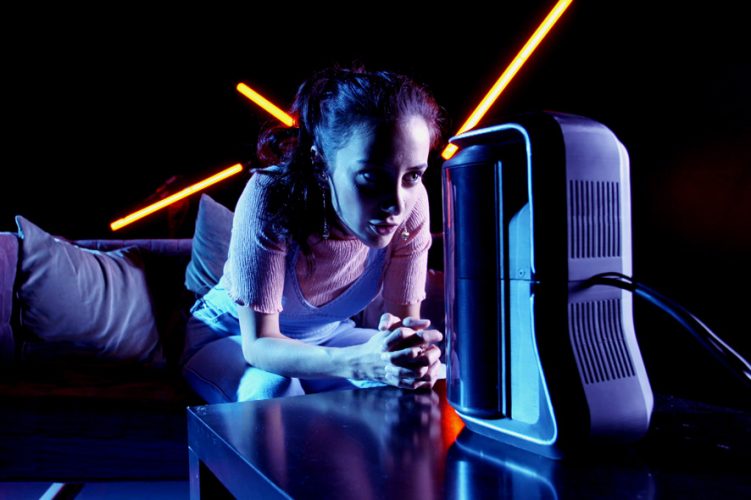
Homo Digitalis: What’s the Digital Revolution Doing to Us?
“Homo Digitalis” is a series of seven episodes that present various scenarios of life in the future. Christopher Lindinger, Director of Research & Innovation at the Ars Electronica Futurelab, talks about the part his division played in this Web series produced by BR, ARTE and ORF.
-
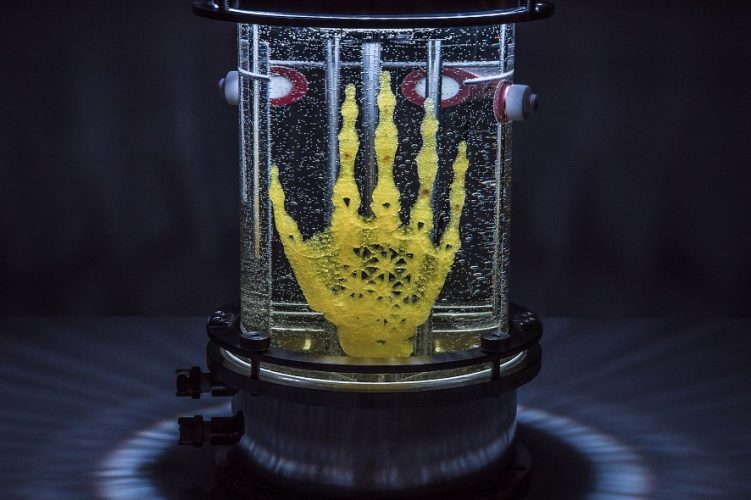
“Technology is human”: How Culture Shapes Technology
Mark Coeckelbergh, a philosopher of technology, will deliver a speech on intelligent machines and art on Friday, September 8, 2017 at the symposium limning the Ars Electronica Festival theme, “Artificial Intelligence – The Other I.” In this interview, he goes into how culture shapes technology and what characterizes our dealings with artificial intelligence today.
-
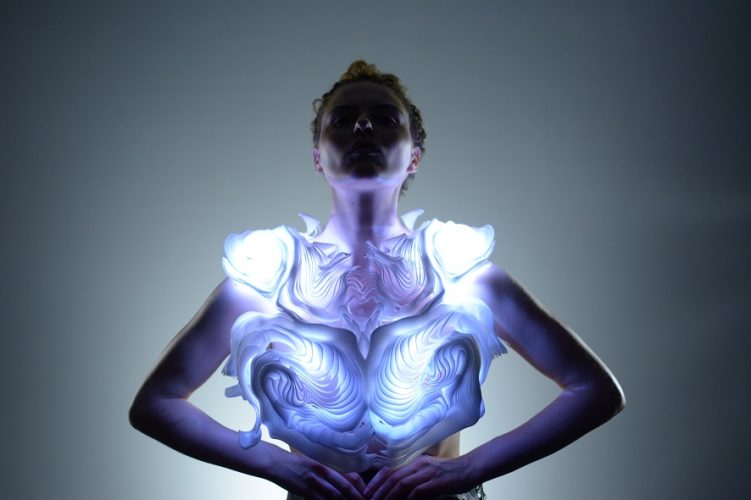
The Essence of Human, Machine and Data: POINT ZERO
POINT ZERO, the exhibition elaborating on the Ars Electronica Festival’s theme, “Artificial Intelligence – The Other I,” (September 7-11, 2017) takes on big questions. What is the essence of a human being? Of a machine? Or, for that matter, of data? We sat down for a chat with Ars Electronica Artistic Director Gerfried Stocker to…
-
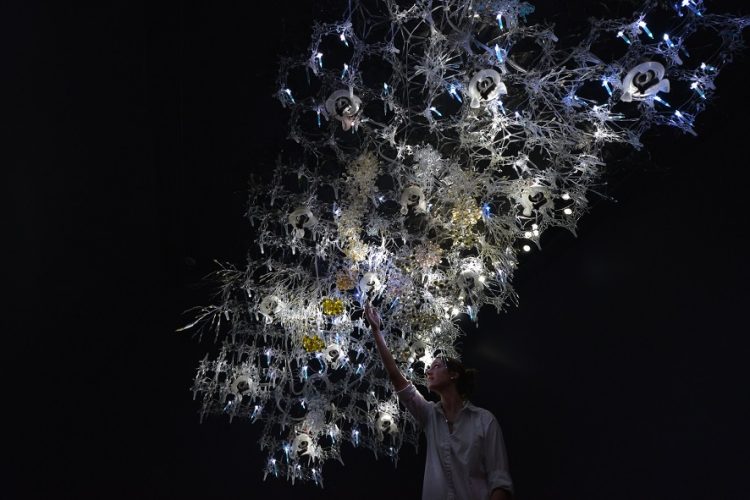
European Cooperative Projects: Innovation through Diversity
Taking advantage of this continent’s diversity—that’s what Ars Electronica has been doing in a broad spectrum of collaborative projects clear across Europe. In this interview, Festival Director Martin Honzik and Producer Veronika Liebl told us about them and what role they’ll play at the Ars Electronica Festival September 7-11, 2017.
-
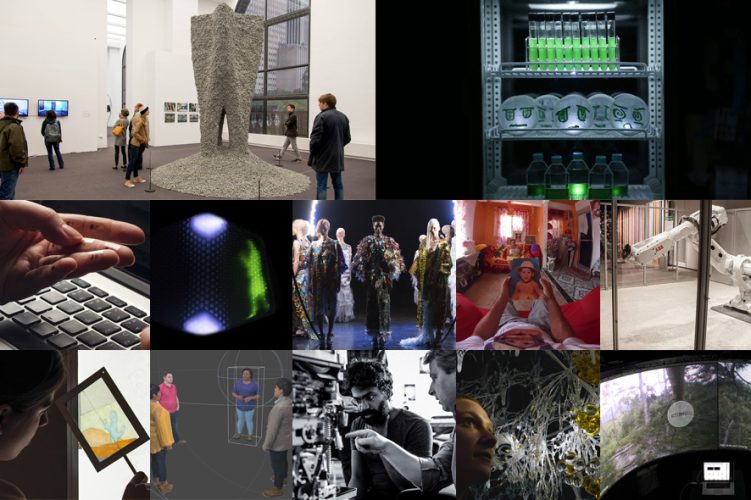
2017 STARTS Prize: Innovative Projects That Cross the Boundaries of Disciplines
Dealing with complex issues calls for marshalling insights and skills from numerous fields, cultures and perspectives. Excellence in accomplishing this is precisely what the European Commission aims to honor with the STARTS Prize. Here, we present 2017’s best projects and what the jury’s statement has to say about them. Many will be featured in a…
-
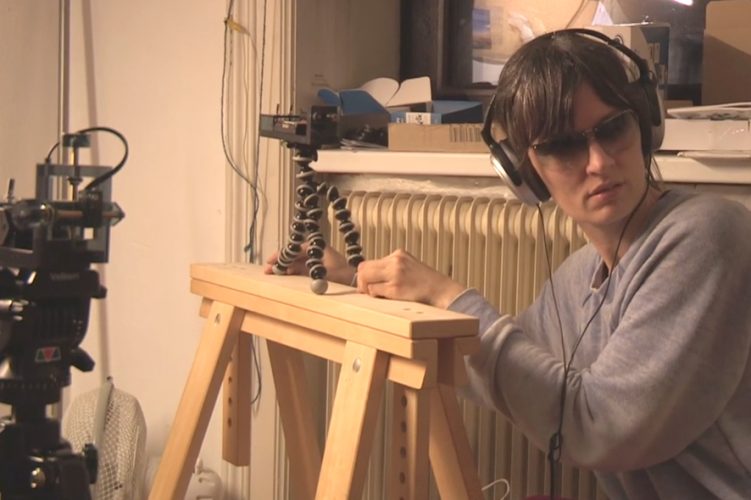
Resistance from Below
Chrystal Tesla is an average citizen whose homemade devices enable her to successfully fend off the incessant incursions of surveillance technology. This scenario created by artist Kathrin Stumreich and entitled “What would Ted Kaczynski’s daughter do?” has been honored by the City of Linz with the Marianne.von.Willemer.2016 Prize.
-
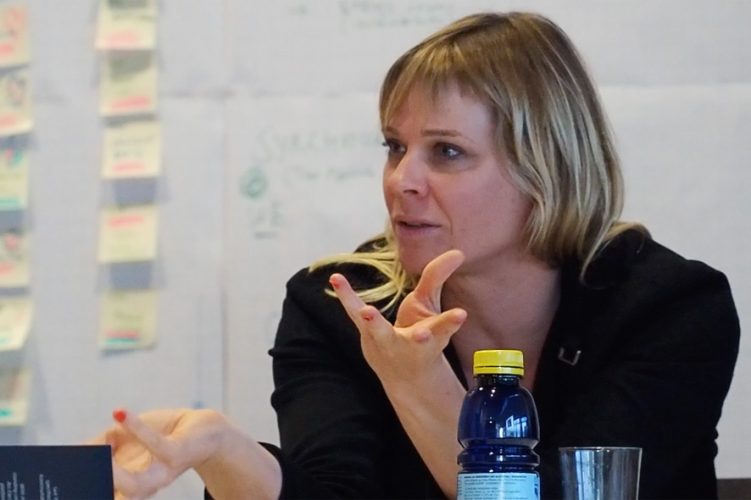
Sophie Lamparter: “Designing our future can’t be left up to individuals”
The STARTS Prize awarded by the European Commission spotlights collaboration of science, technology and art. That’s the same approach taken by Sophie Lampartner, director of swissnex San Francisco and one of this year’s STARTS jurors. In this interview, she talks about trends at the nexus of these three domains.
-
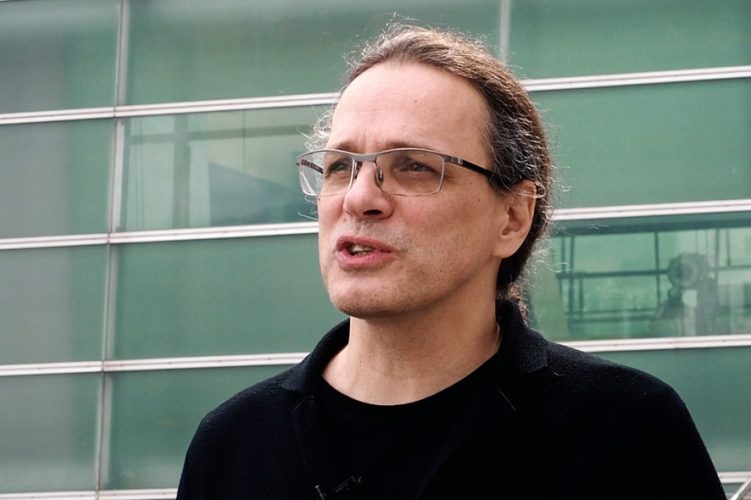
Artificial Intelligence – The Other I
September 7-11, 2017, POSTCITY Linz will be the setting of a stimulating, comprehensive confrontation with the reality and the vision of artificial intelligence. We talked to Ars Electronica Artistic Director Gerfried Stocker about this year’s festival theme.
-
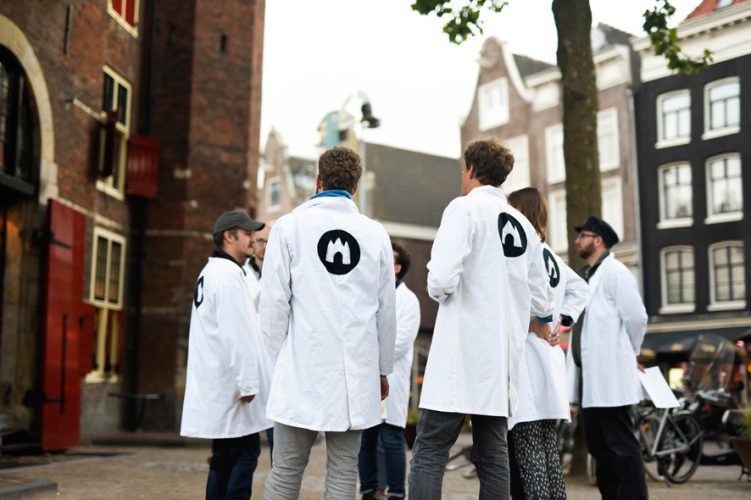
Waag Society: “Keep questioning what you do”
Collaboration among science, technology and art is urgently needed! Marleen Stikker and Lucas Evers of the Waag Society talk about these three fields’ commonalities and, shortly before the entry deadline, address a last-chance call to motivate artists, engineers and scientists to submit their transdisciplinary projects for 2017 STARTS Prize consideration.
-
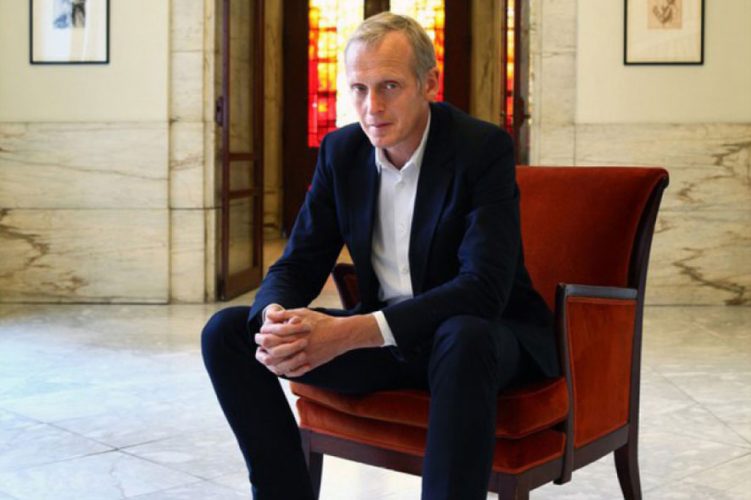
Paul Dujardin: “We need interdisciplinary teams”
In this interview, the artistic director of the Centre for Fine Arts (BOZAR) discusses the artist’s role in this day and age, notes that art also emerges beyond the confines of picture frames, and points out how important it is for disciplines to interconnect.
-
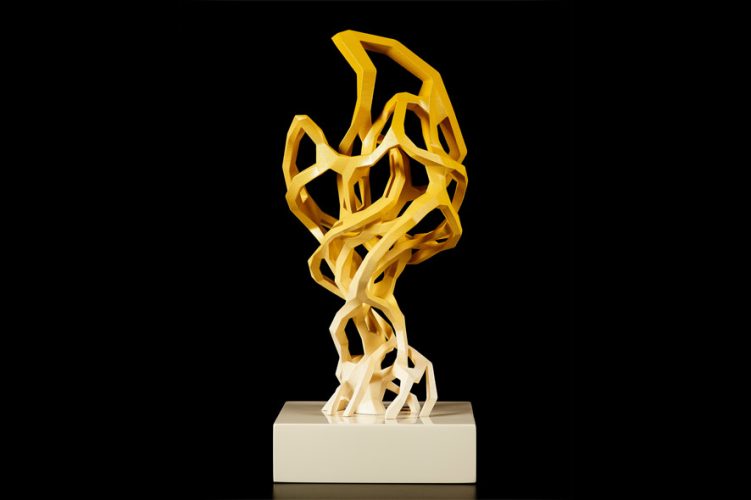
STARTS Prize 2017: When Art Enters Other Spheres
In what ways do science, technology and art overlap? What is innovation? And which technological developments will be successful over the long run? Gerfried Stocker, artistic director of Ars Electronica, and Veronika Liebl, STARTS project manager, discussed these topics with us.
-
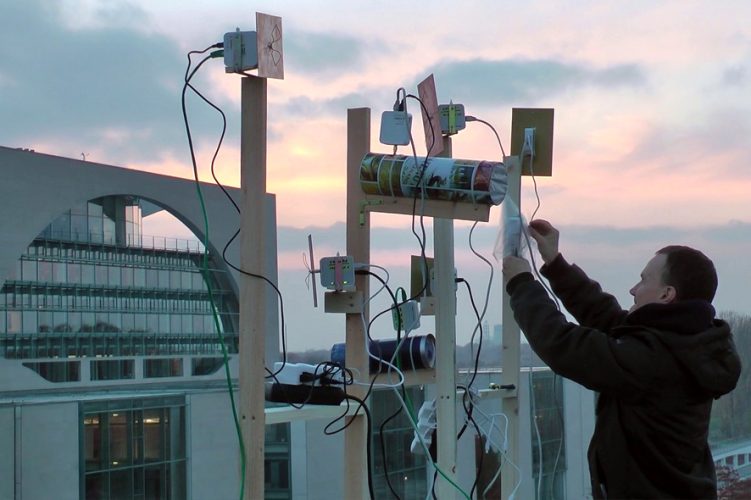
Hello spies, can you hear me?
“Can you hear me?” was a temporary network that artists Christoph Wachter and Mathias Jud set up above the rooftops of the German government district in Berlin to downright force intelligence agencies to listen in on what they and thousands of other people were saying. Besides getting the agents’ attention, the artists are also the…
-
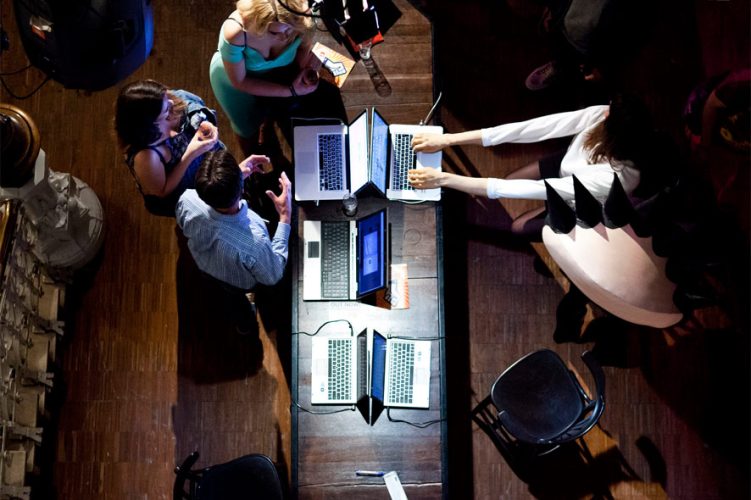
Networking, do it the right way
By the time we set up our own Facebook account—by then, at the very latest—many of us are very much aware of the advantages and disadvantages inherent in our digital coexistence. Marleen Stikker founded her first Digital City all the way back in 1994. Now she’s one of the five Prix Ars Electronica jurors who…
-
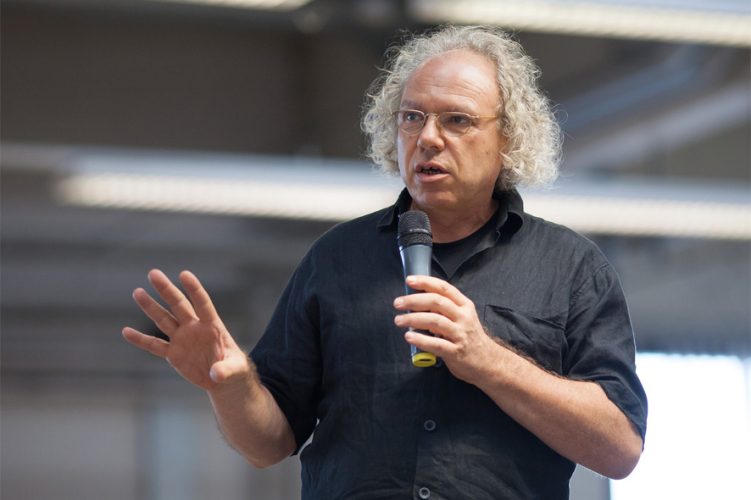
“Nurture contrarians rather than mainstream thinking”
March 13, 2016 is the deadline for entries to Ars Electronica’s search conducted under the auspices of the European Commission for innovative projects at the nexus of science, technology and art. Alexander Mankowsky, a futurist on the staff of Daimler AG and a STARTS juror, recently talked to us about the trailblazing role of art…